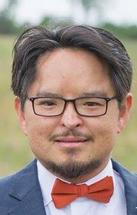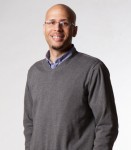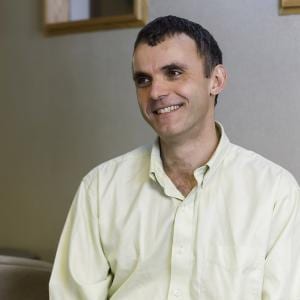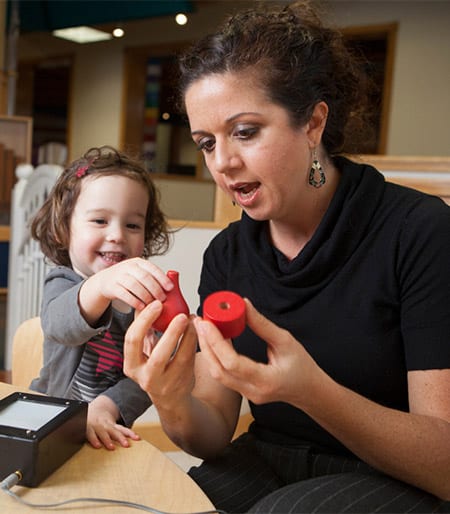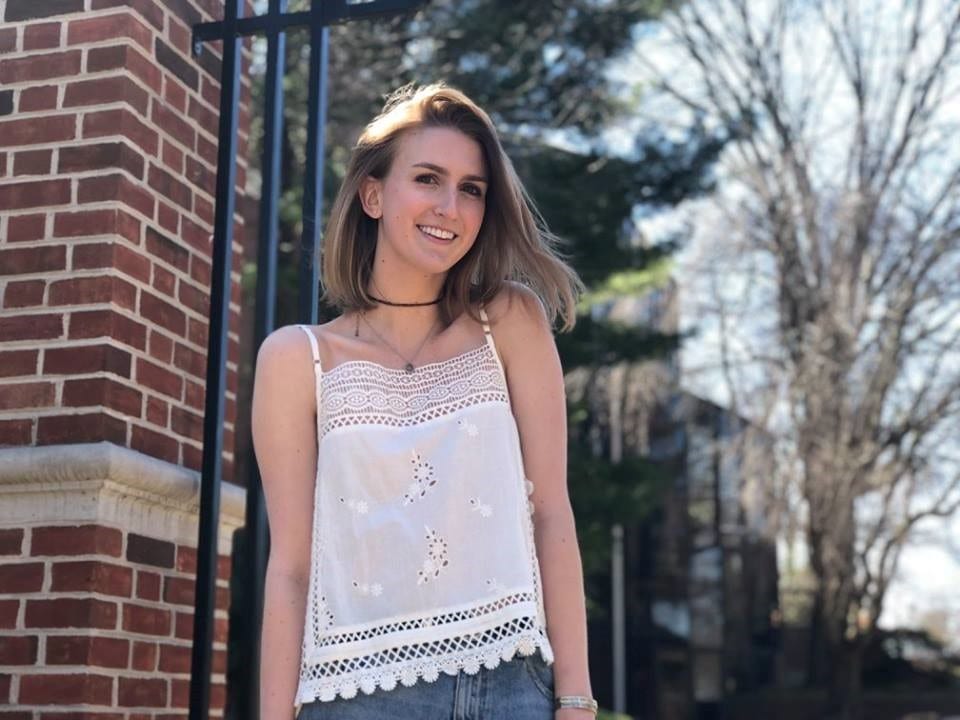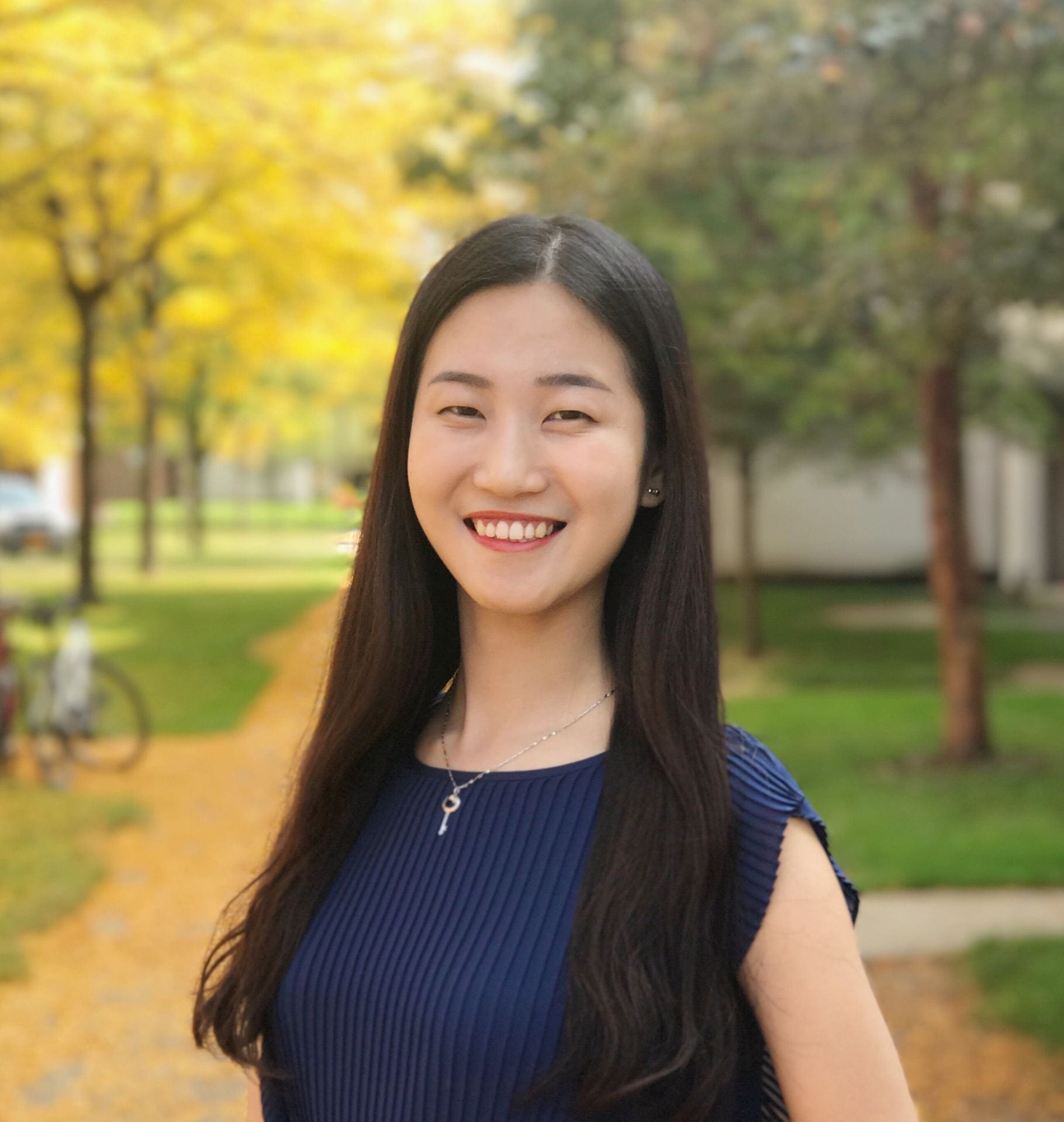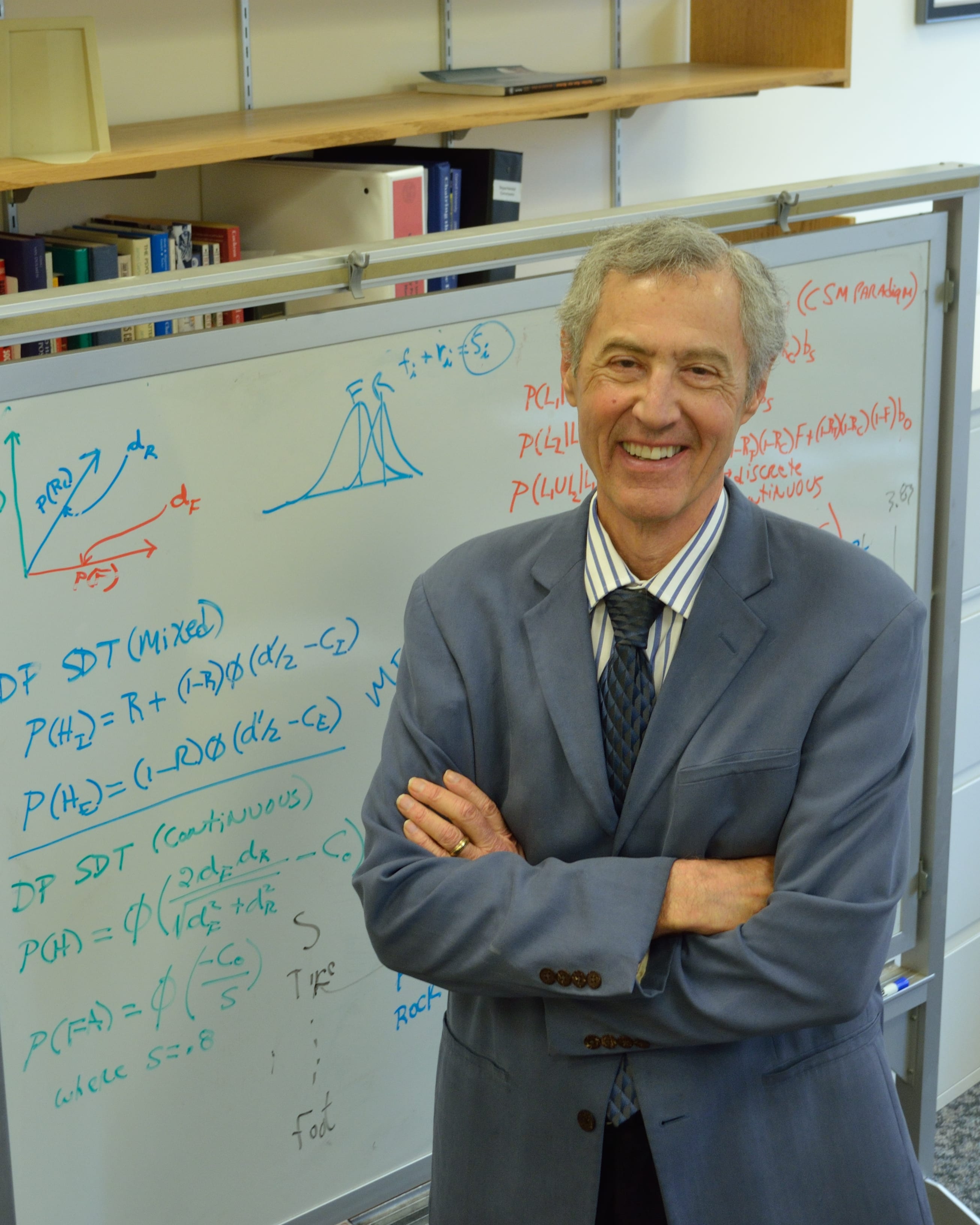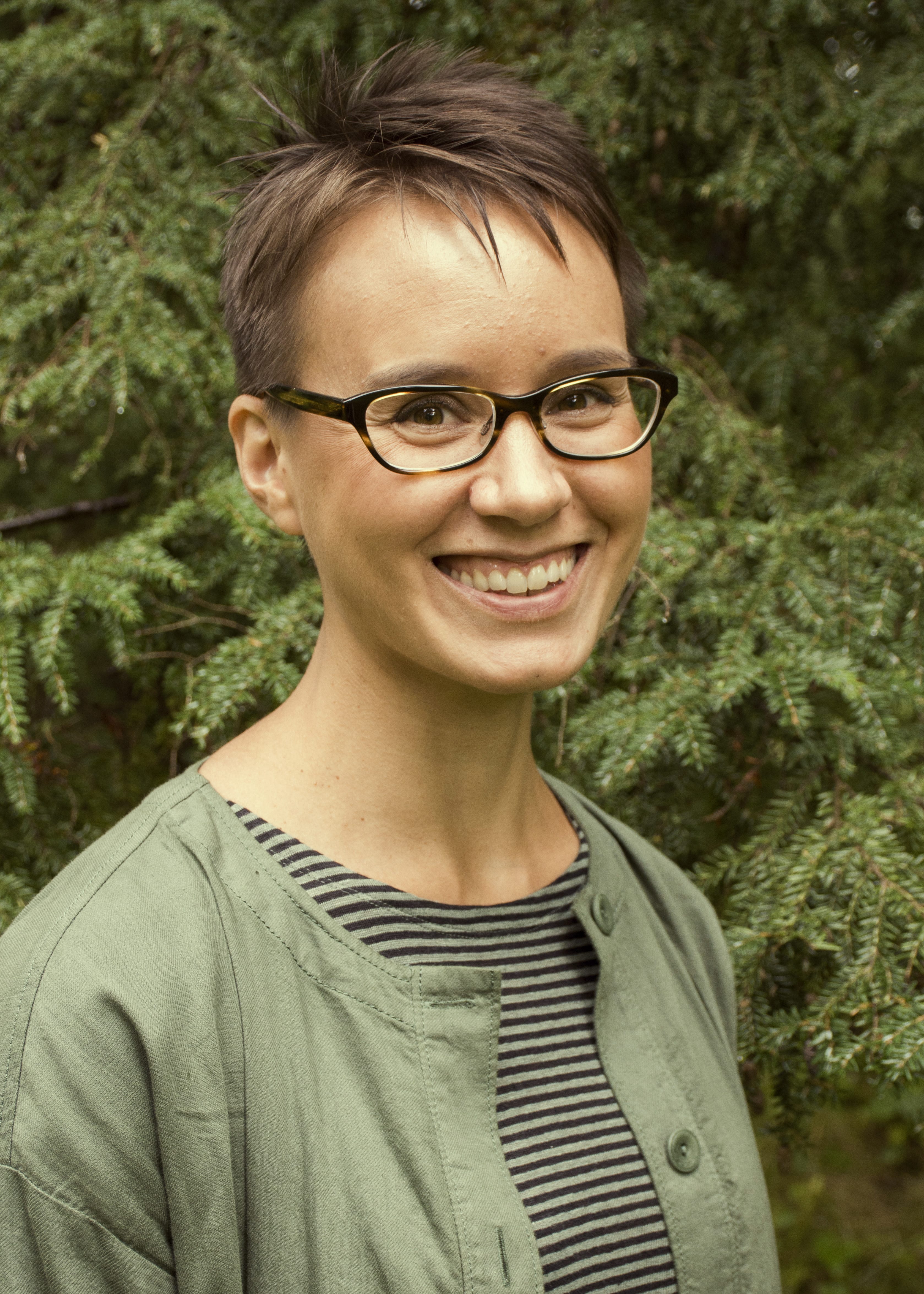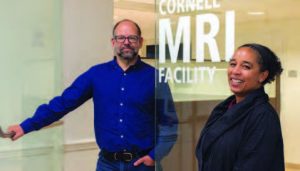thehindu.com, Age well: attitudes matter in a greying world, June 14, 2018, by Jim Rendon and Olumfemi Terry.
 Healthy ageing has become increasingly important, but a WHO analysis found that 60% of people surveyed across 57 countries had negative views of old age.
Healthy ageing has become increasingly important, but a WHO analysis found that 60% of people surveyed across 57 countries had negative views of old age.
At 85, Claude Copin, a retired French welder, may have discovered a secret to living a long, healthy life. She stays active by playing a petanque game with friends in a Paris park. And she has made friends with her teammates’ children, many of whom are teenagers. They take her to parties and movies — sometimes forgetting that she might need a rest before they do.
“I make my life beautiful,” says Ms. Copin. “I am still healthy because I have activities and I meet people.”
Ms. Copin is right. A growing body of research and global data collected and analysed by Orb Media shows a strong connection between how we view old age and how well we age. Individuals with a positive attitude towards old age are likely to live longer and in better health than those with a negative attitude. Older people in countries with low levels of respect for the elderly are at risk for worse mental and physical health and higher levels of poverty compared with others in their country. A shift in attitude, the research shows, could improve a lot.
Healthy ageing is increasingly important: countries everywhere outside Africa are rapidly growing older. If population trends continue, by 2050 nearly one out of five people in the world will be over 65, and close to half a billion will be older than 80. Smaller, young populations will have to care for large, older populations with increasingly expensive health care needs.
Surprisingly, in a world brimming with older people, negative views of old age are common. A World Health Organization analysis found that 60% of people surveyed across 57 countries had negative views of old age. Older people are often viewed as less competent and less able than younger people. They are considered a burden on society and their families, rather than being recognised for their valuable knowledge, wisdom and experience.
Orb Media compiled data from over 1,50,000 people in 101 countries to learn about their levels  of respect for older people. Pakistan was among the countries that scored the highest.
of respect for older people. Pakistan was among the countries that scored the highest.
Respect for older people is a long-standing tradition in Pakistan, says Faiza Mushtaq, an Assistant Professor of Sociology at the Institute of Business Administration in Karachi, Pakistan. But as more people move to cities, traditional family structures are being disrupted, making it harder to care for elders. Without a government safety net, many older people fall into severe poverty, she says.
Nonetheless, there are tangible benefits to the way elders are viewed, says Ms. Mushtaq. “This attitude towards ageing is a much healthier embrace of the ageing process, rather than having all of your notions of well-being and attractiveness and self-worth being tied so closely to youth,” she says.
Japan, with the world’s longest lifespans and low birth rates, is at the leading edge of this global demographic shift. There Orb found low levels of respect for the elderly. Kozo Ishitobi, an 82-year-old nursing home physician, says that older people were traditionally seen as a burden.
“Japanese people are starting to realise that elderly people need support,” he says. “We all go through it, so we should support each other.”
Broad implications
It turns out that one’s attitude towards ageing has broad implications. Becca Levy, a Professor of Epidemiology at the Yale School of Public Health in the United States, has been fascinated by the power of age stereotypes for decades. She started her work in the 1990s with a hunch. If older people are respected in society, perhaps that improves their self-image.
“That may in turn actually influence their physiology and that may influence their health,” says Ms. Levy.
Over the past two-and-a-half decades, Ms. Levy, the leader in the field, and the researchers that followed have found just that: those with positive views about old age live longer and age better. They are less likely to be depressed or anxious, and they show increased well-being and recover more quickly from disability. They also are less likely to develop dementia and the markers of Alzheimer’s disease. In one study, Ms. Levy found that Americans with more positive views on ageing who were tracked over decades lived 7.5 years longer than those with negative views. Studies in Germany and Australia have found similar results.
“Some of the magnitudes of the findings have been surprising,” says Ms. Levy.
Orb’s research and analysis found that these effects can also be seen across cultures. Older people in countries with high levels of respect for the elderly report better mental and physical well-being compared with other groups in their countries, according to data from the Organisation for Economic Cooperation and Development, the United Nations and others. Those countries also report lower rates of poverty among people over 50 compared with younger people in each country. It seems too simple: How can holding a better attitude towards old age help someone live longer? Ms. Levy found that people with negative age stereotypes have higher levels of stress. And stress has been correlated with a range of health problems. Those who expect a better life in old age are also more likely to exercise, eat well and visit the doctor, says Ms. Levy.
That has been the case for 57-year-old Marta Nazare Balbine Prates who moved her family into her parents’ home in Sao Paulo, Brazil a decade ago. She had to quit her job as a nutritionist at a hospital to care for them (her father passed away at the beginning of the year). It has been hard financially and emotionally. But, she says, the experience has made her think about the kind of life she wants when she is older.
“I try to watch what I eat. I work out as much as possible,” she says, “so I can reach old age in good physical condition.”
An achievement
We should be grateful that we are even concerned about growing old, says Marilia Viana Berzins. She has worked with the elderly in Brazil for 20 years and founded the advocacy group, Observatory of Human Longevity and Aging. “Old age is actually an achievement,” she says. “It’s humanity’s biggest achievement of the last century.”
But, Ms. Berzins says, in Brazil old age has become associated with incapacity. “When we change this mindset and old age is seen like just a stage of life, we’ll move forward,” she says. “And the elderly will be treated with more respect.”
Shifting stereotypes is no simple feat. People develop their views on ageing when they are toddlers, says Corinna Loeckenhoff, an Associate Professor of Gerontology in Medicine at Weill Cornell Medical College, who has studied age stereotypes across cultures. But they also change based on experience. Unfortunately, negative beliefs are often built on inaccurate impressions.
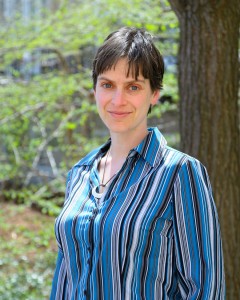
Corinna Loeckenhoff
As people grow older, their health usually remains stable until about five years before they die, says Ms. Loeckenhoff. Only then will most people experience the mental and physical decline most associated with old age. “People keep mixing up ageing and dying,” she says.
Some research shows that increasing meaningful contact between young and older people can break down negative stereotypes. For the past five years, the Résidence des Orchidées, a nursing home in Tourcoing, France, has tried to do just that. Every week, the home brings children from a neighbouring daycare centre to visit the residents. Pierre Vieren, a 91-year-old retired business owner, loves seeing the children.
“When I went to my balcony, the children said ‘Pierre, he is here,’” he says. “They all wave at me to say hello. That is my little ray of sunshine in the morning.”
The nursing home’s director, Dorothee Poignant, says the experience normalises old age for the children. “It recreates a family spirit with joy, children laughing, older people laughing,” she says.
“We don’t only have elderly, we have children, elderly, disabled people. It’s inclusive.”
Everyone can gain from improving ideas about old age, says Ms. Loeckenhoff. “The single-most important thing to realise about ageing stereotypes is that they are the only fair ones,” she says. “You will be the victim of your own stereotype, or the beneficiary as you get older.”
(Access full report at Orbmedia.org/agewell)
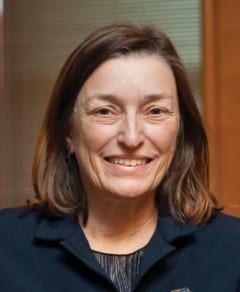


 Healthy ageing has become increasingly important, but a WHO analysis found that 60% of people surveyed across 57 countries had negative views of old age.
Healthy ageing has become increasingly important, but a WHO analysis found that 60% of people surveyed across 57 countries had negative views of old age.
 CNN.com, "
CNN.com, "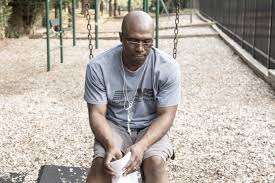
 A total 340 San Diego County residents between the ages 27 and 101 participated in the study. Jeste and his co-authors hypothesized that these community-dwelling participants, none with serious physical or psychological ailments, would report more loneliness in old age based on the "usual assumption that as people get older, they become more alone," he said. They were surprised when they discovered two peaks (during the late 20s and mid-50s) in addition to the one in the late 80s. The results do not explain the reasons why people feel lonely, but Jeste had his theories.
A total 340 San Diego County residents between the ages 27 and 101 participated in the study. Jeste and his co-authors hypothesized that these community-dwelling participants, none with serious physical or psychological ailments, would report more loneliness in old age based on the "usual assumption that as people get older, they become more alone," he said. They were surprised when they discovered two peaks (during the late 20s and mid-50s) in addition to the one in the late 80s. The results do not explain the reasons why people feel lonely, but Jeste had his theories.